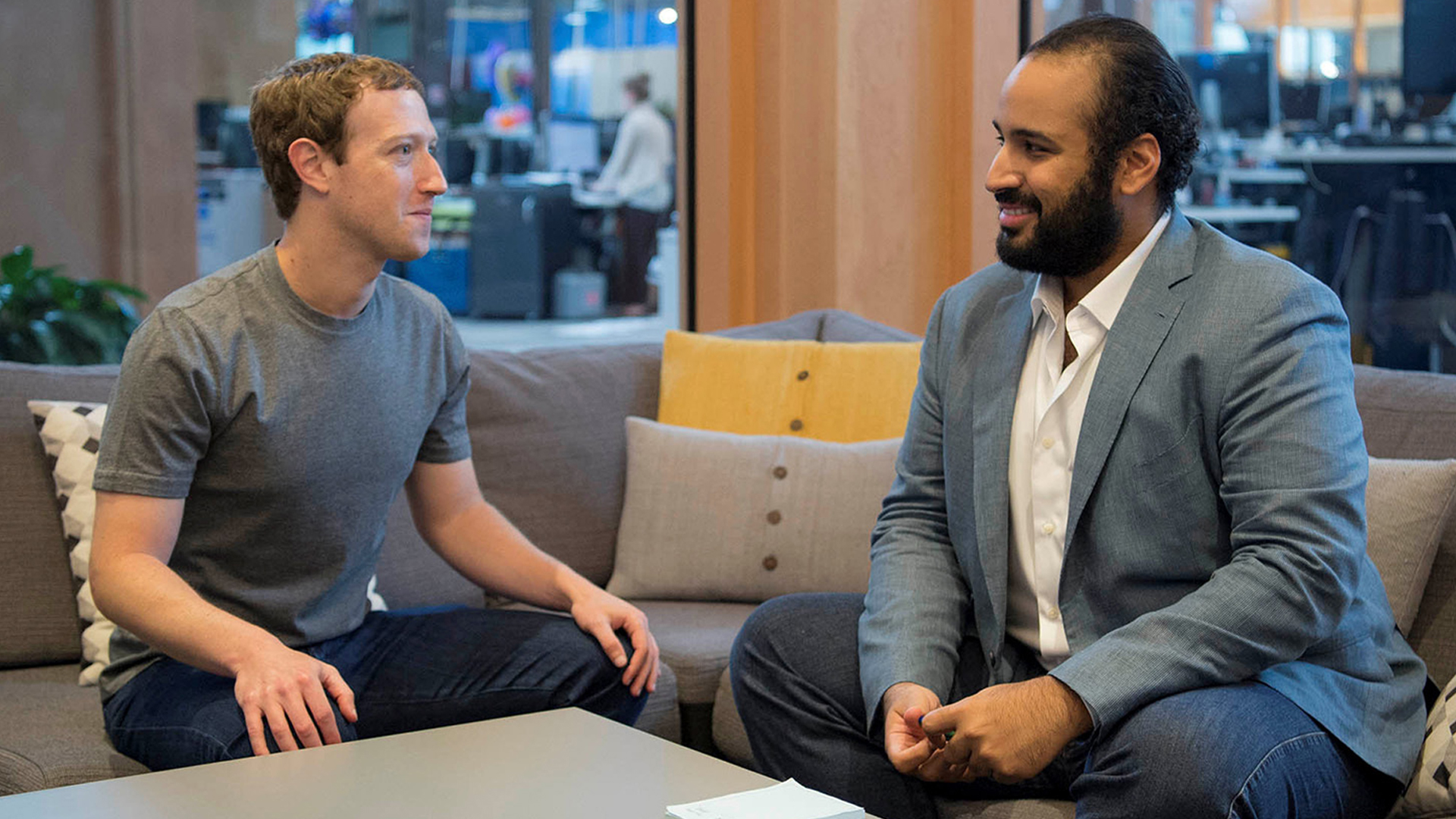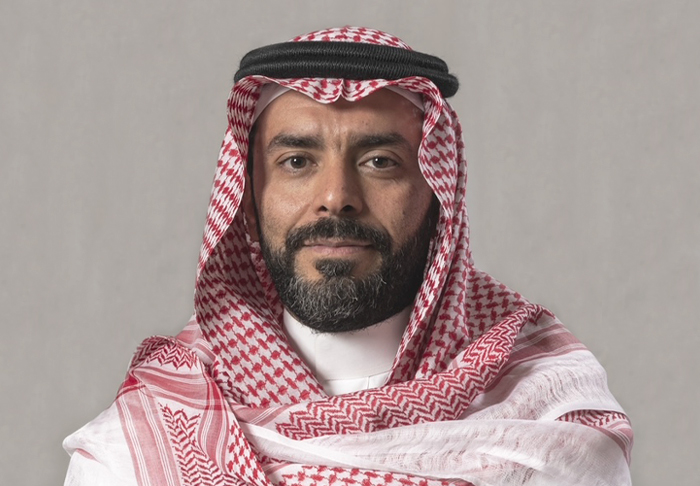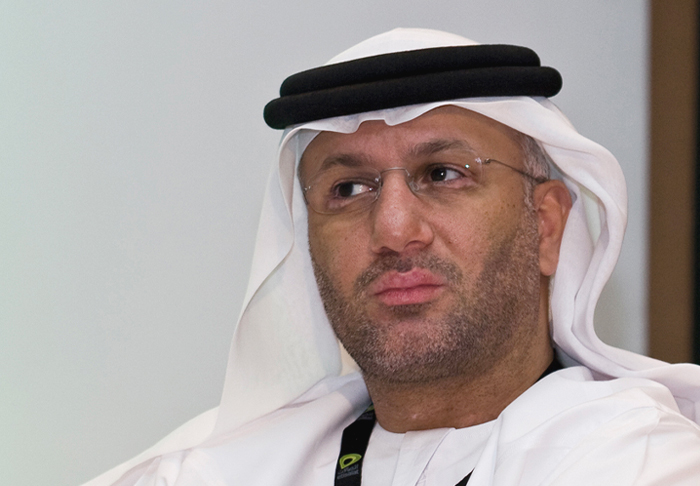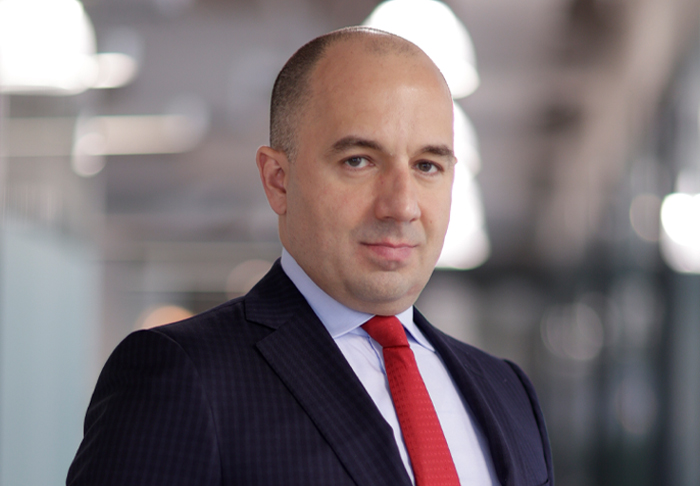This article originally appeared on LinkedIn.
From the moment the Saudi Crown Prince Mohammed bin Salman (MBS) touches down in Silicon Valley, the doors of among the most powerful American tech titans will open for him. His meetings with Tim Cook and Elon Musk among others present a rare chance to help shape the future direction of the largest economy in the Middle East, a region of 180m internet users, or to put that in context, larger than the population of Russia.
It isn’t often that a country that has been deemed unreachable almost overnight comes online, but that is what has happened in Saudi Arabia: The Kingdom is witnessing its internet penetration soar from the single-digits in the year 2000, to a user base larger than the state of Texas now.
High Tech Sector Priorities on Saudi Arabia
With head-spinning sums in play, the stakes couldn’t be higher. The Crown Prince captured the world’s imagination just before his last Silicon Valley trip three years ago investing $3.5bn in Uber then, becoming the largest foreign investor in the ride-hailing company.
Turbo-charging Saudi tech development can be an opportunity to help tilt the region’s center of economic gravity: The Kingdom has the region’s largest stock market, owns the Middle East’s largest TV stations, while its citizens post more tweets than any other Arab country. The region’s business scene turns on the Saudi economy.
The Kingdom of 2018 is a different country than the one we studied in the past. The majority of Saudis now carry around a supercomputer in their pocket. Generation Y national leaders, led by the Crown Prince, hold cabinet meetings on Whatsapp.
And tech has become one of Saudi Arabia’s few, booming non-oil industries. The Saudi ICT spend jumped 6% to over $36bn in 2017 from 2016, almost 6 times the country’s overall growth rate last year, while the Kingdom’s $3.5bn e-Commerce market is on track to soar 250% to $8.35bn in 2020, the highest growth forecast for a Gulf monarchy from Amazon’s regional e-Payments platform, PayFort, in part because Saudi Arabia has become the country with the region’s largest average revenue spend per user.
Tech companies from Amazon to Facebook are waking up that the Saudi Government matters, as they hire government relations staff to engage the Saudi and regional governments. The reality is that governments like Saudi Arabia’s are second only to customers in their ability to affect companies’ revenues in the region. The value at stake from the Saudi Government and its ICT laws is huge. Companies approaching them in a disciplined, inclusive way, capture more of it. And ultimately, policy challenges are important to multinationals because there is a dollar value assigned to them, and developing new markets.
There is a war unfolding of old vs. new in Saudi Arabia and the region. Ride hailing apps versus yellow cabs, cable providers versus internet companies, Youtube versus TVs, and it’s not one that tech companies can afford to lose. The Saudi government is re-orienting itself around new knowledge industries from artificial intelligence to the rise of the robo-economy, and the Crown Prince’s Silicon Valley visit presents a powerful moment for Silicon Valley to encourage and help shape the country’s transformation.
Saudi Priorities in Silicon Valley
The Saudis need new American technology to ‘bend’ their government’s bureaucrats to their will, ultimately to become more socially-economically responsive to their citizenry. The leadership tells us automation can alleviate heavy dependence on foreigners and that many industries are “ripe” for disruption.
MBS is focusing on funneling in U.S. tech expertise, training, and knowledge-transfer programs at-scale to Saudi Arabia. The ICT sector has shifted from being a vertical of the Saudi economy, to a horizontal enabler of every part of the Saudi economy from transportation to education. And internet connectivity is the super highway to the country’s development. The Kingdom’s single most important driver of innovation, competitiveness and growth has become the Saudi digital economy, making obtaining buy-in from the beating heart of the U.S. economic growth engine, key to boost MBS’ knowledge economy plans. And tech is becoming a new anchor of the U.S.-Saudi corporate relationship. The Crown Prince spending the longest leg of his U.S. trip on the West Coast shows how the epicenter of the Saudi-U.S. corporate relationship is beginning to shift from oil and defense to the high tech sector.
Conclusion
The Kingdom has rebooted its economic development plan, embarking on an ambitious path to radically transform its economy, with the most progressive development agenda in Saudi history, creating an opportunity that tech companies should not squander. Many American high tech sector leaders know that technology will power the next wave of development in Saudi Arabia and the region. Enabling this largely/distinctly American industry in the Kingdom could help pivot the Middle East for years to come, empower Saudi businesses, and equip Arab youth with ICT skills-quickly-becoming-life-skills, and fundamentally alter America’s reputation in Saudi Arabia: how refreshingly counterintuitive it would be if America’s most prominent exports were no longer bombs and petro-dollars, but our minds, and our knowledge workers.
Read this article on LinkedIn.










